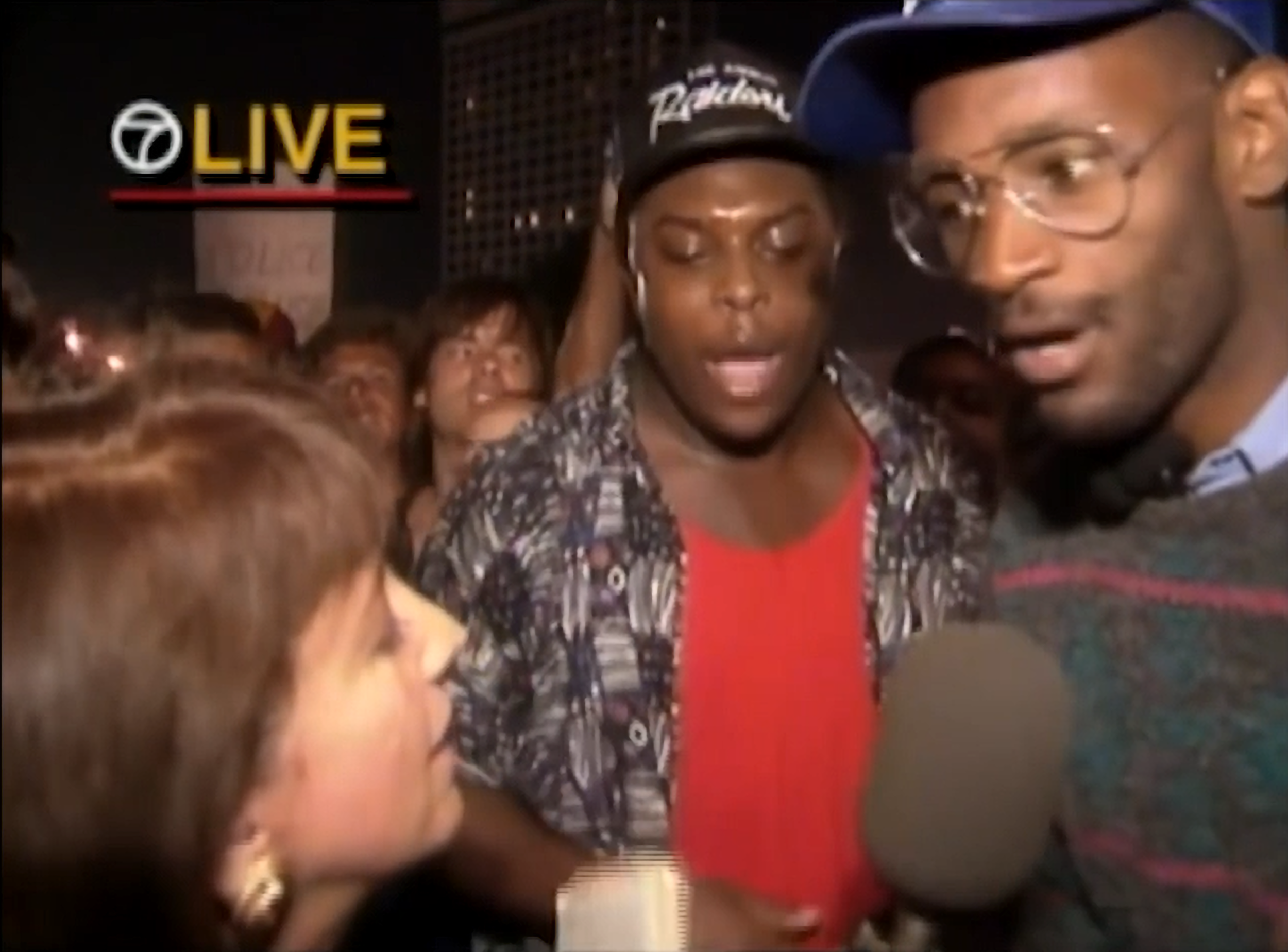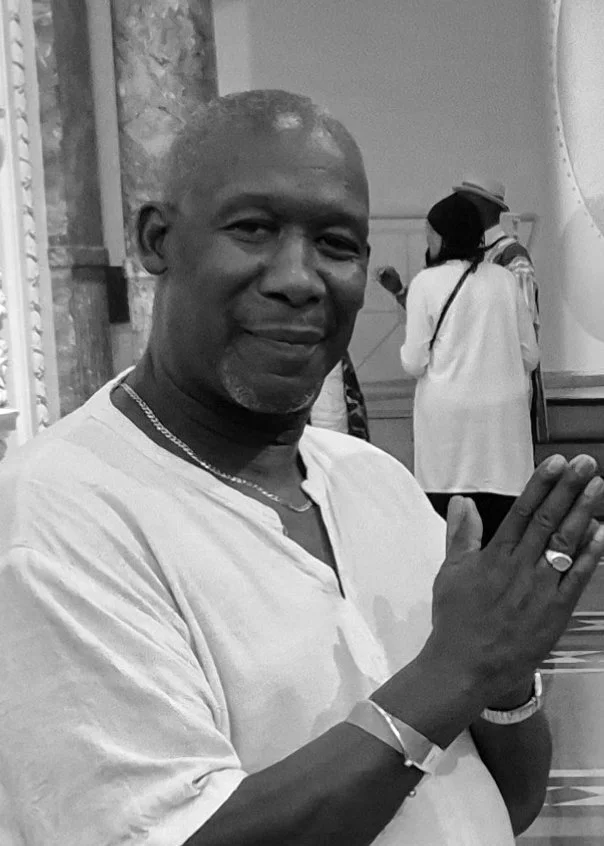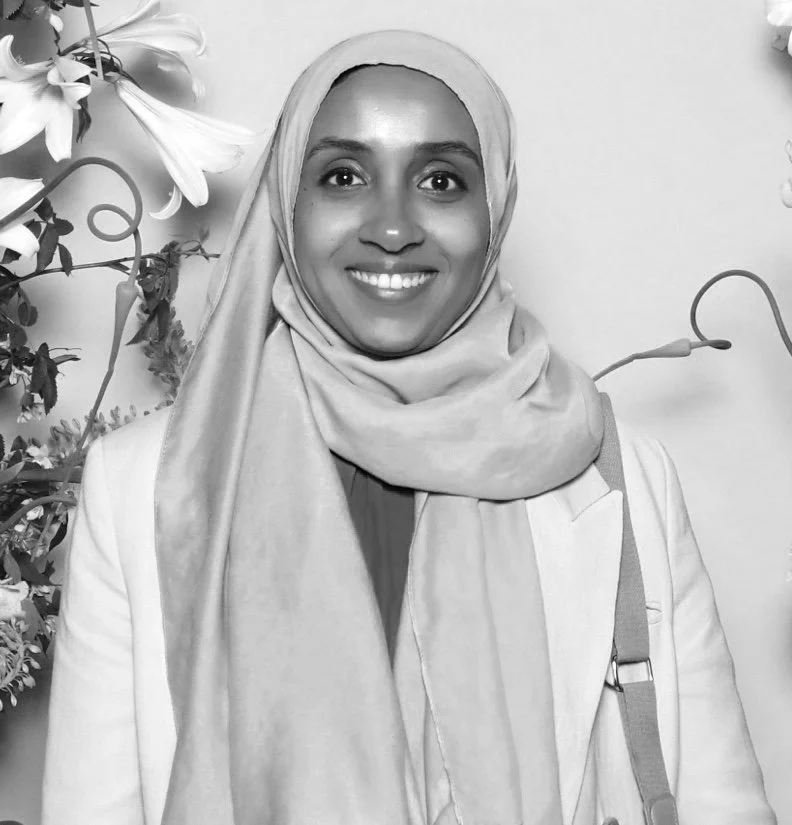
The Watershed Bristol, UK 22 July 2025
Symposium 9:30 - 17:00 Evening Screening 18:00 - 20:30
REMIX 2025:
A One-Day Symposium on Race, Representation, and Archival Practice
REMIX 2025 is a one-day symposium supported by Screen Research at UWE Bristol, on the eve of the Cinema Rediscovered Festival at the Watershed. This public event will feature a series of conversational panels, with short provocations and reflections from individuals working at the intersection of race, representation, and archival practice.
Engaging Conversations
Filmmakers, artists, curators, and scholars will deliver 10-minute talks or provocations, sharing reflections on their work, case studies, and creative insights. These contributions will explore the use and reuse of archival materials in challenging, reshaping, or affirming cultural narratives.
Collaborative Exploration
The symposium invites dialogue on how archives can be reimagined to represent and amplify the experiences of global majority communities, racialised minorities, and those working at the intersection of archival practice and creative exploration.
Whether you're a professional in the field or simply curious, this symposium is an open invitation to join the conversation.
Artists and Speakers
Amanda Egbe
-
Amanda Egbe is an artist, filmmaker, researcher, and senior lecturer in Media Production at the University of the West of England (UWE). Her research and practice focus on archives, digital technologies, the moving image, activism, and race. She has exhibited work nationally and internationally at festivals, conferences, and galleries. Her single-screen work, installations and commissions include collaborations with dancers, community groups, archives and heritage organisations, other artists, media, and art collectives.
Her current research projects include Where Were You in 1992? Which was installed at the Barbican Gallery in 2023, and Where Do You Keep Your Black People?
Heather Agyepong
-
Heather Agyepong is a British Ghanaian award-winning artist and Olivier nominated actress. Her visual artist practice centres around mental health and wellbeing, disapora, the archive, radical truth telling and catharsis. Her work is part of various collections including the National Portrait Gallery, Bristol Museum & Art Gallery and the New Orleans museum of art.
Here solo show exhibition entitled from sunrise to sunset, she worked to reform herself opens 10th October at New Art Exchange gallery in Nottingham.
Her short discussion will be centered around the research of her upcoming exhibition and how archives featured in mainstream film and TV has allowed a fresh perspective and insight to younger generations.
Roger Griffith
-
Roger Griffith MBE, Hon Art.D., is a writer, social activist, creative producer, and former Executive Chair and broadcaster of the award-winning Ujima Radio. Despite leaving school with no formal qualifications, he forged a remarkable path, beginning as a positive action trainee and rising to Senior Manager in an 18-year career with Bristol City Council.
Roger’s passion lies in amplifying cultural stories and sharing global perspectives on race, inclusivity, and social inequality. He has delivered diversity and race equality training for over 30 years and advocates for life-long learning, lecturing at UWE Bristol. In 2015, during the historic presidency of Barack Obama, he published his acclaimed memoir, ‘My American Odyssey: From the Windrush to the White House,’ chronicling his family’s journey from the Caribbean to the UK and USA.
He leads Creative Connex CIC, his social enterprise and consultancy. Recognised for his impact, he received the Bristol Lord Mayor’s Medal in 2018, an MBE in 2020, an honorary doctorate for Arts in 2022 and a TEDx speaker in 2024.
This autumn, Roger returns to the legacy of the Windrush Generation through their children's eyes with an Arts Council England-backed project, First Born Second: Voices of the Children of the Windrush Era.
Rastko Novaković
-
Rastko Novaković was born in Yugoslavia in 1981. He has co/authored over 60 moving image works and has been active in the housing, trade union, and anti-war movements. In the Spring of this year, he co/curated the exhibition For Peace! which collected eight decades of the peace movement's material history. He has a collage in the newly published volume Post-Communist Grounds. In Search of the Commons (INC, 2025).
Topher Campbell
-
We are honoured to welcome Topher Campbell—visionary artist, filmmaker, and co-founder of the groundbreaking rukus! Federation—as our keynote speaker. A leading voice in Black Queer creative expression, Topher’s work challenges the boundaries of identity, archives
At the heart of his practice is a commitment to “making difference work.” Through film, performance, and installation, he explores the radical potential of the Black Queer body as a site of resistance, joy, and transformation. His recent installation at Tate Modern, My rukus! Heart, reimagines the archive as a living, breathing space—one that celebrates friendship, desire, and the unapologetic presence of Black Queer lives.
“There is a notion of Blackness. There is a notion of Queerness. There is a notion of identity politics and diversity. But I'm trying to say that all that is irrelevant. What do you feel when you walk into this space?”
— Topher Campbell
Samenua Sesher
-
Samenua Sesher is the founder and director of Museum of Colour. She is a culture management consultant, a brain awareness trainer and a coach. As a cross-artform producer, Samenua has experience of delivering multi-million-pound programmes and has fed into national cultural policy, set up and run a local authority culture service and lectured. She was a 2008/09 Clore Fellow, was awarded an OBE for Services to the Arts in 2018, and is on the faculty for Oxford Cultural Leaders.
Jacqueline Maingard
-
Jacqueline Maingard is Professor of Film, in the Department of Film and Television, University of Bristol. She is Project Lead of Colonial Reels: Histories and Afterlives of Colonial Film Collections, a research project funded by the UK Arts and Humanities Research Council. She is Co-Lead of the Screen Research group at the University of Bristol. Her publications include South African National Cinema (Routledge, 2007), a study of ‘the national’ in the history of South African cinema and a range of articles in academic journals including, Journal of Southern African Studies and Screen, as well as chapters in various volumes on African cinema and colonial film history. She is also a creative practitioner and made the film Uku Hamba ’Ze (To Walk Naked, 1995) for the first Johannesburg Biennale, which has been widely screened.
Sado Jirde
-
As Director of Black South West Network (BSWN) since 2013, Sado Jirde rebuilt the organisation’s profile and repositioned its role from an infrastructure body to a racial justice incubator, where alternative solutions to systemic racial and socio-economic inequalities issues are developed in collaboration with the Black and Minoritised communities across the City of Bristol and the South West region.
Sado is active on several relevant boards and advisory structures including Bristol’s One City Economy board and Bristol University Court. She is also the Vice-Chair of Bristol Old Vic Board – the oldest continuously working theatre in the English-speaking world.
She was awarded The African Achievers Award in 2015, as well as the Most Inspirational Role Model Award by the West Women of the Year Awards in 2019 and listed as a Women of Inspiration: 100 social enterprise leaders showing Covid who’s boss in 2020. Sado is a fellow of Royal Society of Arts and is proud to have been made a Visiting Fellow to University of Bath Spa in 2020.
Erinma Ochu
-
I’m a transdisciplinary researcher exploring how collective consciousness materialises within subcultures of technology and science practice. My creative research practice, focused on storytelling and community building, critiques Extended Reality (ER) as a space to re-examine possibilities for life. This has implications for crafting worlds and ways of living through the collective imagination of planetary justice. My background is as an applied biologist, training originally as a neuroscientist, prior to which I worked in the creative industries as a commissioner, scriptwriter, executive producer and curator. I am co-director of Squirrel Nation, and an alumni of the Stuart Hall Scholars and Fellows Network, Jerwood/ Manchester International Festival Fellow and was previously a JUSTAI / Ada Lovelace racial justice AI fellow.
I am a member of the Digital Cultures Research Centre, the Critical Race and Cultures cross-UWE network led and associate member of the Centre for Sustainable Planning and Environment. I am a member of the steering group of the Technology Pathways and Meaningful Innovation at the Royal Academy of Engineering as part of the Academy’s Futures and Dialogue programme. I am co-editor of book series, ‘Digital Materialities and Sustainable Futures’ published by Emerald Press.
Twelve30 Collective
-
Jonathan Ali is a London-based film curator, programmer, and writer. He is the co-founder, along with Lisa Harewood, of the Twelve30Collective, which screens Caribbean cinema to UK audiences. He is or has previously been a programmer for many film festivals in the UK and internationally, and also programmes in an independent capacity. Over the years he has curated various archival programmes, including retrospectives dedicated to French-Guadeloupean filmmaker Sarah Maldoror, Hollywood superstar Sidney Poitier, UK’s John Akomfrah and Black Audio Film Collective, and to Nicolas Guillén Landrián, Cuba’s first Black filmmaker. Most recently, as director of programming for Third Horizon Film Festival in Miami, Florida he curated the retrospective You Don’t Get Freedom, You Take Freedom: Caribbean Activist Cinema 1978–1985. A programme he curated of restored short films from the Puerto Rican government film unit from the 1950s will screen at London’s Institute of Contemporary Arts in September. He is an occasional writer for Sight and Sound Magazine on heritage Caribbean and Latin American cinema.
Abira Hussein
-
Abira Hussein is a researcher and curator specialising in digital heritage, focusing on Somali history and memory. She explores how technology, particularly virtual and mixed reality, can transform engagement with colonial-era archives and reconnect diasporic communities with their heritage. Abira is pursuing a PhD at University College London, where she investigates how participatory methods and digital tools can co-create new, community-driven archival spaces with Somali people in Britain, challenging dominant historical narratives and fostering inclusive, culturally rooted forms of remembrance. She also specialises in Somali heritage, digital archives, Open Culture and GLAM. She has worked with the Barbican, Magnum Photos, British Museum, The National Archives, and other organisations to deliver a number of projects and workshops engaging with the Somali Community, and researching the heritage sector. In 2017, she created the VR experience ‘Coming Home’ – in partnership with the British Museum and funded by Brighton Digital Festival and shown at Sussex Humanities Lab. In 2018, she developed in partnership with Mnemoscene the NOMAD project, a Mixed Reality experience that explored the creative use of immersive mixed reality and web-based technology to contextualise archival Somali objects with the people and traditions to which they belong.
Tosin Olufon
-
Tosin Olufon is an early career researcher, curator, and artist, currently pursuing her PhD at the University of the West of England, Bristol. Her work explores how virtual reality and animation can be used to reimagine African, particularly Yoruba, intangible cultural heritage to facilitate intergenerational knowledge transfer. Tosin views the immersive space as a level playground and powerful medium for indigenous artists to reclaim authorship and reshape how their cultures are remembered and shared through inclusive, collaborative archival practices.
Corrd Marcus Brown
-
Corrd is co-founder and director of Signifier, a think tank and consultancy, that deals with Representation and Equity in the Creative and Tech sectors. He's also co-Vice Chair and a broadcaster of Ujima Radio, Bristol’s leading Arts and Media social enterprise, that serves primarily, but not exclusively, the Afrikan Heritage Community. He has created and delivered programs across the UK, Ireland, as well as youth empowerment and entrepreneurial programs in Brazil that resulted in the creation of businesses in peripheral communities. He organised the Bristol Black Filmmakers Collective, which looks at some of the challenges facing filmmakers from marginalised communities.
REMIX 2025 is a one-day symposium supported by Screen Research at UWE Bristol, on the eve of the Cinema Rediscovered Festival at the Watershed. This public event will feature a series of conversational panels, with short provocations and reflections from individuals working at the intersection of race, representation, and archival practice.
Engaging Conversations
Filmmakers, artists, curators, and scholars will deliver 10-minute talks or provocations, sharing reflections on their work, case studies, and creative insights. These contributions will explore the use and reuse of archival materials in challenging, reshaping, or affirming cultural narratives.
Collaborative Exploration
The symposium invites dialogue on how archives can be reimagined to represent and amplify the experiences of global majority communities, racialised minorities, and those working at the intersection of archival practice and creative exploration.
Whether you're a professional in the field or simply curious, this symposium is an open invitation to join the conversation.












